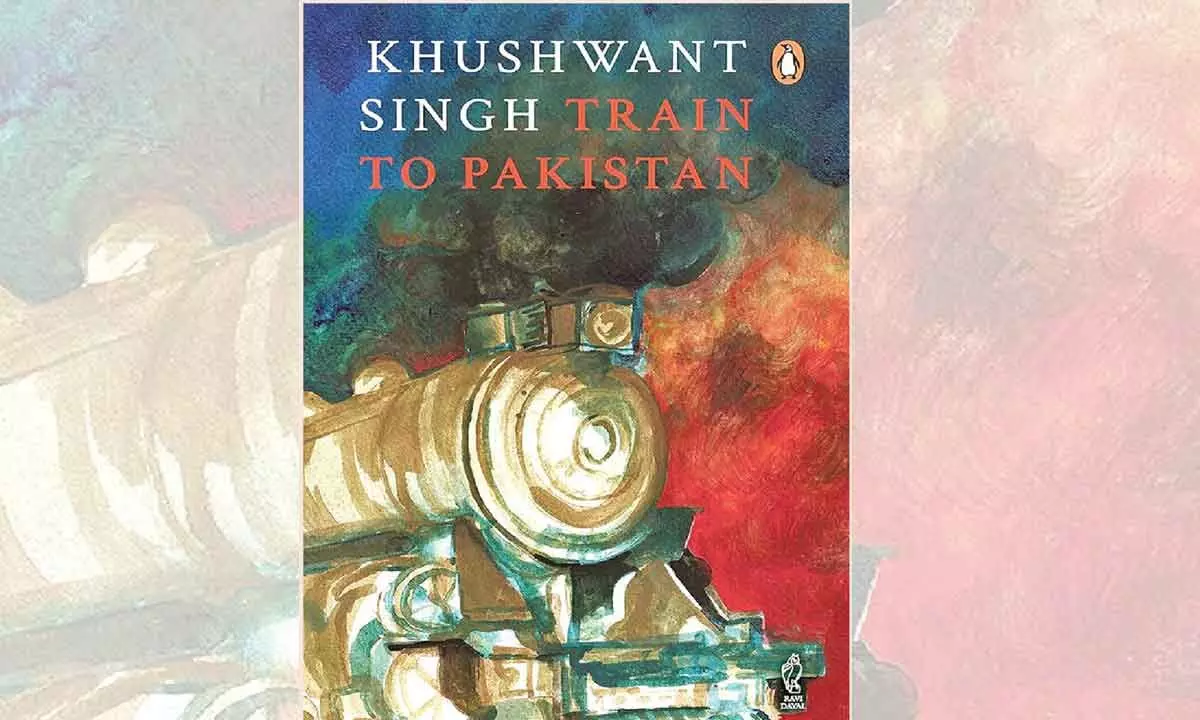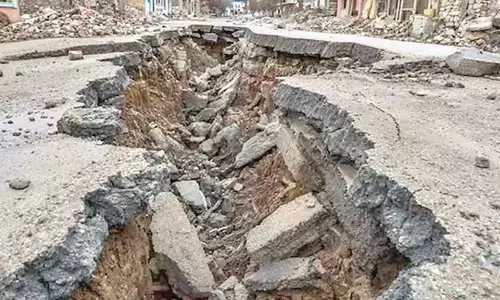Train to Pakistan: Past lessons for today’s divides

“They had lived together for generations, but in a moment, everything changed. Neighbours became enemies, and homes turned into ruins.”
“They had lived together for generations, but in a moment, everything changed. Neighbours became enemies, and homes turned into ruins.” These words, though evoking the harrowing events depicted in Khushwant Singh’s Train to Pakistan, continue to resonate in today’s world. The novel, set during the 1947 partition of India and Pakistan, lays bare the sudden collapse of communities that had coexisted peacefully for centuries.
The novel’s exploration of displacement, loss of identity, and the devastating impact of communal violence mirrors the struggles faced by many today as people navigate the consequences of conflict, migration, and the search for belonging in an increasingly polarised world.
One of the significant ideas discussed in this novel is the evident ‘religious and communal conflicts’ during the partition. But these conflicts are still prevalent across the world, whether in the form of religious extremism or the persecution of religious minorities. The novel’s exploration of how fear and misinformation can drive communities apart remains relevant, as similar dynamics are seen today, often exacerbated by media and politics.
Another major theme of Train to Pakistan is the loss of identity, which is evident as characters struggle to hold on to their sense of self, amidst the chaos and violence of the partition. In modern times, factors such as discrimination, globalisation, and the quest for belonging continue to challenge how people perceive their own identity. In the novel, the partition forces individuals to redefine themselves in the face of new realities, often losing a significant part of who they are. But in the current society, people find it difficult to redefine themselves due to various reasons, causing anxiety.
Which brings us to another important issue highlighted in the novel, i.e., ‘postcolonial anxiety’. The anxiety of displacement—whether due to war, persecution, or natural disasters—remains a global issue, with people forced to flee their homes and adapt to unfamiliar environments. Just as Train to Pakistan portrays how neighbours became enemies due to religious and communal tensions, modern society often grapples with divisions based on ethnicity, religion, or political ideology.
In the novel, the female characters (like Nooran) are largely passive victims of the men’s actions. While there has been progress in gender equality, traditional gender roles and power imbalances still persist in many areas, from politics to the workplace to personal relationships. Similar to the men in the novel, many men today experience a ‘crisis of masculinity’ due to changing societal expectations. The violence of partition dehumanised people on both sides of the border. In contemporary times, social media often amplifies this, where hate speech and scapegoating can quickly spiral into real-world consequences, as seen with the rise of extremism. Though published 68 years ago (1956), this novel continues to resonate with contemporary global and societal issues, showing that the struggles and complexities of humanity are timeless.










